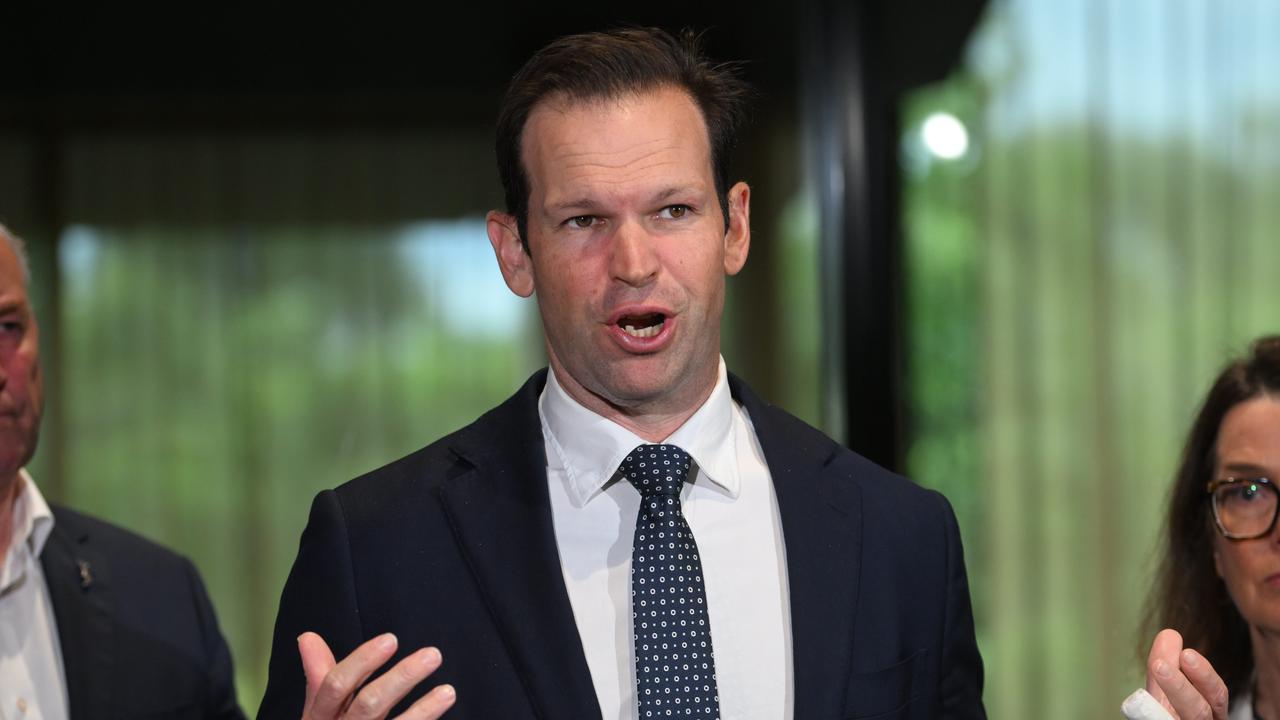Federal agriculture department racks up spending on consultants
The Department of Agriculture, Fisheries and Forestry is spending tens of millions on consultants despite recording a deficit last financial year.

The federal department responsible for assisting Australia’s agriculture industry is on a consultancy spree, drawing up hundreds of new contracts worth almost $60 million in a year.
The Department of Agriculture, Fisheries and Forestry entered into 317 new consultancy contracts in the 12 months to June 30 last year, mostly with major firm Pricewaterhouse Coopers.
When added to its 160 ongoing contracts, the department’s consultancy bill for the year jumped $36.5 million, to a total of $87.5 million.
It is unclear what the government is requiring external advice on, with no detail provided in annual reports on the subject of individual contracts.
The spending spree comes amid reports by the ABC last week that DAFF was cutting costs, banning staff travel and training and sacking contractors as it battles a major financial deficit.
A departmental spokeswoman told The Weekly Times action had been taken to address budgetary woes.
“To ensure we don’t spend beyond our revenue we have taken action to reduce expenditure. A range of cost saving measures have been implemented. Those measures include restrictions on all non-essential travel and training, re-prioritising non-critical projects and a reduction in contracted workforce numbers,” the spokeswoman said.
“The department has done this carefully to reduce any impact on the department’s priorities, service levels or regulatory responsibilities.”
The department’s financial issues come despite a rise in revenue from the government of $164.6 million in 2021-22, with $1.13 billion received compared to $966 million in the previous year.
But DAFF’s expenses jumped $411 million in the same period, mostly on contractors and consultants, with spending doubling from $203.2 million in 2020-21 to $417.1 million in 2021-22.
The cost of its services have also blown out in a year, from $914 million to $1.23 billion. Much of DAFF’s work is performed assuming costs will be recovered, but the delayed introduction of a biosecurity levy due to vocal opposition from the minerals and cement industries has halted this revenue stream.
Overall, the department recorded a deficit of $101 million in the last financial year, compared to a surplus of $52 million in 2020-21.





